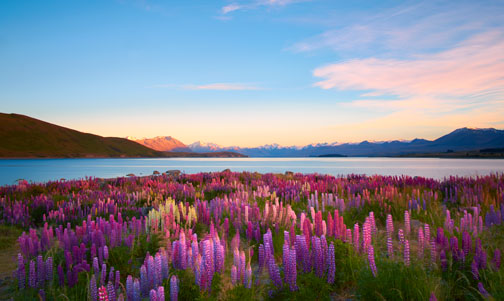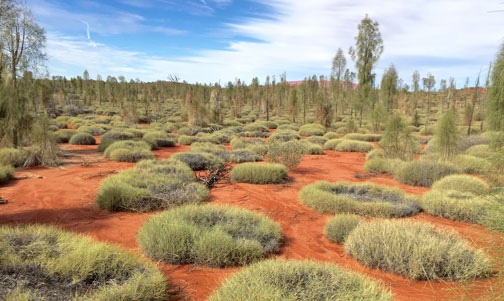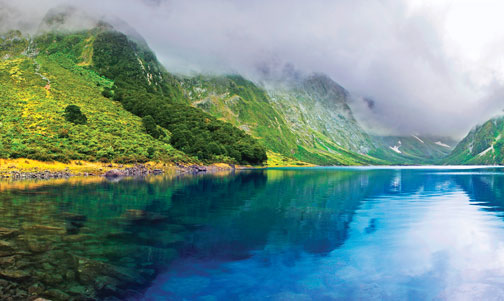Travel Tips for Seniors

Travel Tips for Australia & New Zealand
There are definitely some travel tips you should brush up on before venturing into the brush yourself! That’s why we’ve gathered some important information for you to know for your visit to Australia and New Zealand!
|
Apply for An ETA in Advance Americans must apply for an Electronic Travel Authority (ETA) when traveling to Australia, which provides authorization to enter Australia and is electronically linked to your passport. Learn more →
Narrow Your Focus Australia and New Zealand are way larger than people may expect. Instead of trying to see both of these countries in just a few weeks, focus on two or three places to tackle.
Research the Weather In Australia, the seasons vary between the north and south of the country. If you plan on exploring both halves, do your research and pack appropriately for all weather.
Pack Adapters Make sure you use the correct outlet adapter – it’s different than Europe and America. The plugs in Australia have two flat metal pins shaped live a "V" and some may contain a third flat pin in the center.
Don’t Bring Back Plants Both countries are very strict with its bio-security regulations. If you plan on taking fruits, vegetables, meat, eggs, plants, seeds or feathers in or out of the country and don’t declare them, you could face a hefty fine.
Find the i-Sites In Australia and New Zealand, every town will have its own i-Site, or place where you can find maps, brochures and essential details about that city.
Be Respectful of the Native Culture A marae, malaʻe, meʻae and malae is a communal or sacred place that serves religious and social purposes in Polynesian societies. If you plan on visiting a marae, look up their cultural rules, such as taking your shoes off and not sitting anywhere where you’d place food. Look up these rules before entering.
Transportation
Money Matters
Other Tips
|



